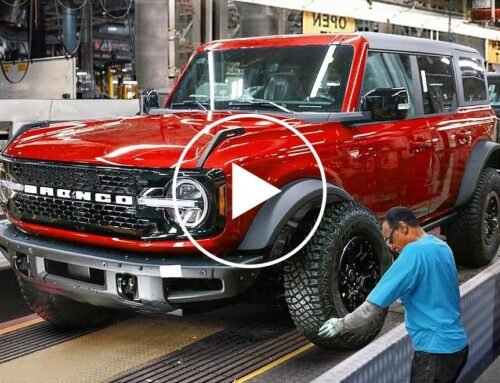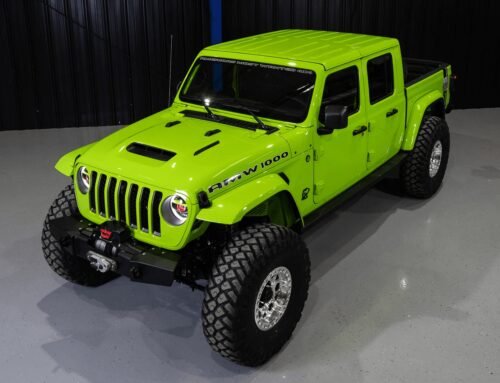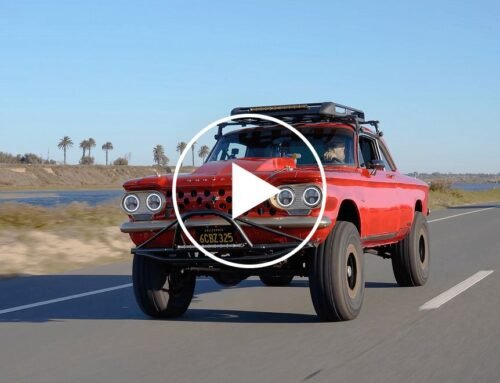The transformation is happening.
General Motors isn’t the only major American automaker making major changes with industry-changing impact. Ford has just announced plans to invest $22 billion in electric vehicles and $7 billion in self-driving vehicles through 2025. The former investment is more than a $10 billion increase over its previous EV pledge.
However, Ford did not commit itself to phase out combustion engines like GM did (at least not yet), but made clear a majority of its new vehicles will be EVs; some will have hybrid and plug-in hybrid powertrains alongside pure battery electrics. Ford’s EV and autonomous vehicle investment pledge, however, exceeds GM’s $27 billion commitment by 2025 as well.
“The transformation of Ford is happening and so is our leadership of the EV revolution and development of autonomous driving,” said CEO Jim Farley. “We’re now allocating a combined $29 billion in capital and tremendous talent to these two areas, and bringing customers high-volume, connected electric SUVs, commercial vans and pickup trucks.”
The first Ford Mustang Mach-E deliveries have just gotten underway and an all-electric Transit van debuted last year. Both are lead-ups to Ford’s most important EV to date: the 2022 Ford E-150 truck, a battery-electric version of the long-time best-selling F-150. Also last week, Ford and Google announced a six-year partnership agreement that will see future Fords and Lincolns come with built-in Android operation systems. This will also include advanced features like Google Assistant for voice commands and Google Play for quick access to music files, audiobooks, and podcasts.
Ford’s decision to go with Android will also enable it to work with third-party developers to build apps unique to Ford vehicles. Other recent Ford investments include $500 million with Rivian, the EV truck startup. Part of the original plan called for a new Lincoln to ride on Rivian’s “skateboard” platform, but this project has been shelved as a result of the coronavirus pandemic.
Along with Ford and GM, other mainstream automakers have recently announced major EV investments. Daimler, the parent company of Mercedes, which will rename itself Mercedes-Benz by the end of the year, has committed to producing electrified versions of its entire lineup by 2022. Volvo has already begun phasing out gas-only vehicles, and the Volkswagen Group’s entire slate of multi-brand vehicles will be electrified by 2030.
 CarBuzz
CarBuzz
 Ford
Ford







